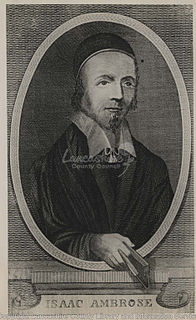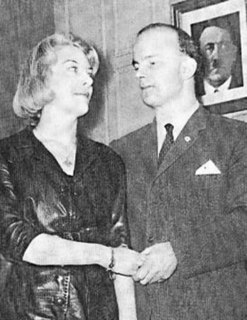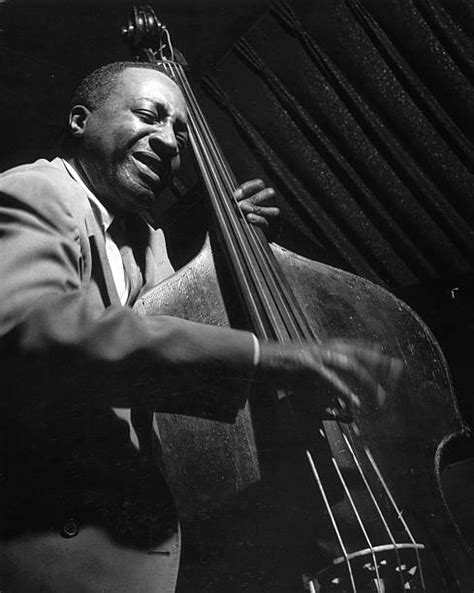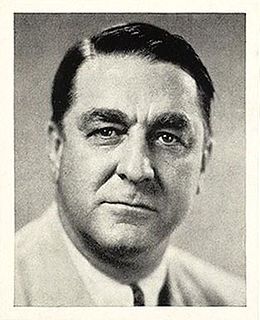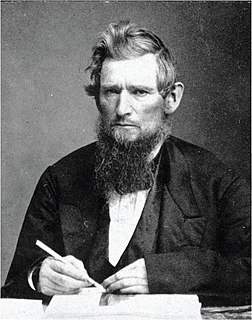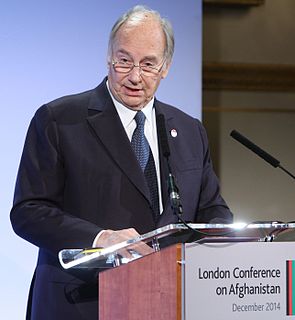A Quote by Martin Luther
After the devil himself, there is no worse folk than the pope and his followers.
Related Quotes
Life, as a part, is interwoven with the life of the whole, not only present, but past and future, for while men come and go the folk lives on, continuous, eternal, providing its members perform their duty to it. Thus, in identifying himself with his folk man prolongs himself through the multiplicity of his ancestors and his descendants, and thereby attains immortality.
[Sviatoslav] Schevchuk, in the dogmatic part declares himself to be a son of the Church and in communion with the bishop of Rome and the Church. He speaks of the Pope and his closeness of the Pope and of himself, his faith, and also of the Orthodox people there. The dogmatic part, there's no difficulty. He's Orthodox in the good sense of the word, that is in Catholic doctrine, no.
The question is gonna be, what is the pope doing? For whom is the pope doing it, if the pope is doing it for anybody? But that's gonna be what it boils down to: What is the pope doing here? Why? And I'll tell you this. The more establishment figures - and the pope qualifies as an institutional leader, and therefore the pope would qualify in many people's eyes as an establishment figure, particularly this pope, who has not hidden his ideological alignment, much less his political alignment.
A professional entertainer who allows himself to become known as a singer of folk songs is bound to have trouble with his conscience provided, of course, that he possesses one. As a performing artist, he will pride himself on timing and other techniques designed to keep the audience in his control ... his respect for genuine folklore reminds him that these changes, and these techniques, may give the audience a false picture of folk music.
Even if [the Pope an incarnate devil], we ought not to raise up our heads against him, but calmly lie down to rest on his bosom... He who rebels against our Father is condemned to death, for that which we do to him we do to Christ: we honor Christ if we honor the Pope; we dishonor Christ if we dishonor the Pope.
Very few people believe in the devil these days, which suits the devil very well. He is always helping to circulate the news of his own death. The essence of God is existence, and He defines Himself as: 'I am Who am.' The essence of the devil is the lie, and he defines himself as: 'I am who am not.' Satan has very little trouble with those who do not believe in him; they are already on his side.
Kong Qiu, or Master Kong as he was known, did not live to see his days of glory. During his lifetime, his views were received with scorn. But that was about two thousand five hundred years ago. A handful of his dedicated followers passed on Confucius' teachings to future generations.
After Confucius' death, his followers published his teachings in the book, The Analects of Confucius.


